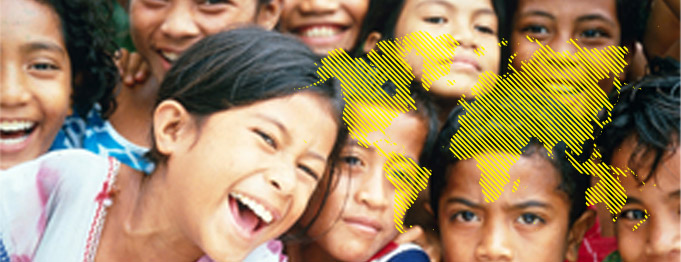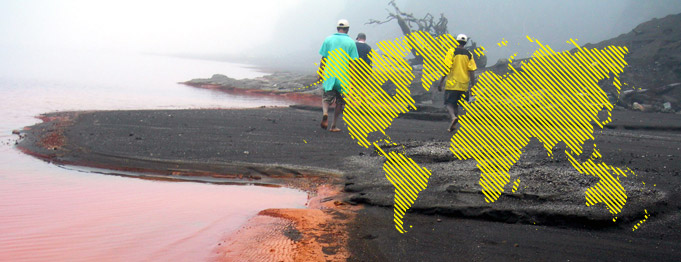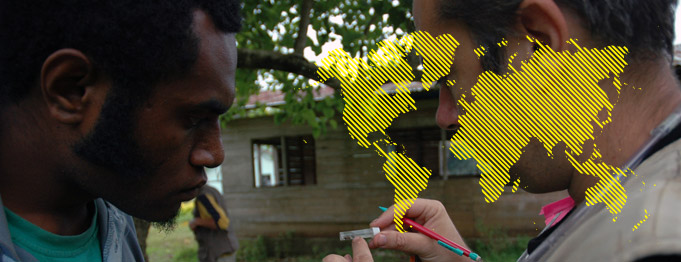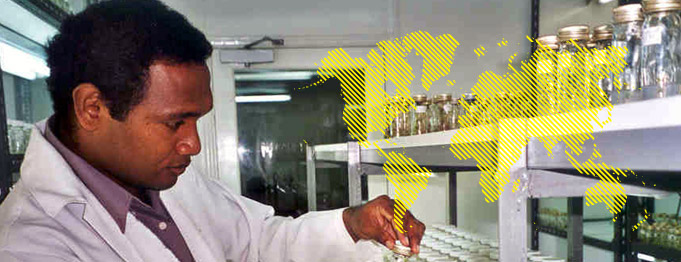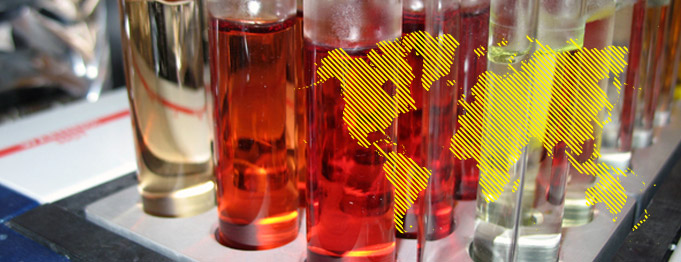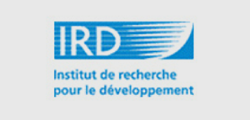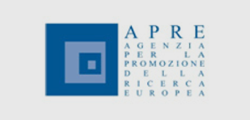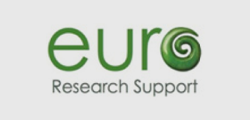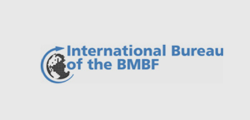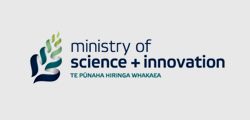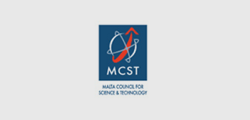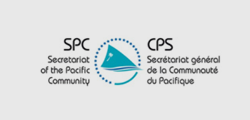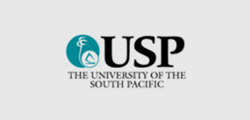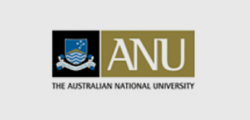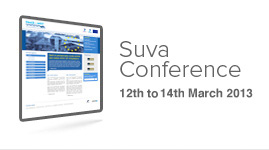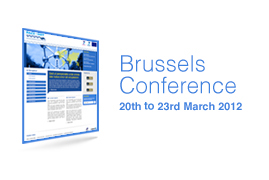Marie Curie International Incoming Fellowships (IIF)
CALL TITLE: MARIE CURIE INTERNATIONAL INCOMING FELLOWSHIPS (IIF)
• Call identifier: FP7-PEOPLE-2012-IIF
• Date of publication: 13 March 2012
• Deadline: 16 August 2012 at 17.00, Brussels local time
• Indicative budget: EUR 40 million of the 2012 budget. The final budget awarded to this call, following the evaluation of projects, may however vary up to 10% of the total value of this call.
• Topics called:
Action: Marie Curie International Incoming Fellowships
Funding Schemes: Support for training and career development of researchers
• Eligibility conditions: – The general eligibility criteria are set out in Annex 2 of the work programme, and in the guide for applicants. Please note that the completeness criterion also includes that part B of the proposal shall be readable, accessible and printable.
• Additional eligibility criteria:
– Eligible researchers: Researchers must be experienced researchers at the relevant deadline for submission of proposals. It is however expected that the researchers will typically have a more senior profile in terms of experience. This will be evaluated under the 'Researcher' evaluation criterion.
– Rules of mobility and nationality applicable to eligible researchers: Applicants can be of any nationality. They must demonstrate mobility from another third country to a Member State or associated country, and must comply with the rule for mobility with respect to the 'host organisation' at the deadline for submission of proposals. The benefit of the proposed mobility will also be assessed during evaluation in terms of benefit for the ERA.
– The application is made jointly by a researcher and a host organisation, as well as, where applicable, a return host organisation. Applicant host organisations must be active in research. For the incoming phase, the host organisation must be located in a Member State or associated country. For a possible return phase, the return host organisation must be located in an International Cooperation Partner Country (ICPC).
– Projects must be for a period of between 12 and 24 months (full-time equivalent). Where relevant, the return phase will be for an additional 12 months.
– For further details concerning these conditions you must refer to the core text of the work programme.
• Evaluation procedure:
– The evaluation criteria (including weights and thresholds) and sub-criteria together with the eligibility, selection and award criteria, for the different funding actions are set out in Annex 2 of the work programme.
– Proposal page limits: Applicants must ensure that proposals conform to the page limits and layout given in the Guide for Applicants, and in the proposal part B template available through the EPSS. The experts will be instructed to disregard any pages exceeding these limits.
– The minimum font size allowed is 11 points. The page size is A4, and all margins (top, bottom, left and right) should be at least 15 mm (not including any footers or headers).
– A single-stage submission and evaluation procedure will be used.
– Proposals will not be evaluated anonymously.
– Proposals may be evaluated remotely.
– The procedure for prioritising proposals with equal scores is described in Annex 2 of the work programme.
– Proposals are allocated to one of 8 evaluation panels1. For each panel a ranked list is established. The distribution of the indicative budget of the call over the research disciplines will be proportional to the number of eligible proposals received in each panel. If the budget allocated to a panel exceeds the requirements of all proposals positively evaluated2 in that panel, the excess budget will be reallocated to the other panels based on the distribution as above. Equally, if the allocated funding to a panel is insufficient to fund the highest ranked proposal in that panel, the necessary budget will be transferred from the other panels based on the distribution as above, in order to ensure that the highest ranked proposal can be funded.
• Indicative evaluation and contractual timetable:
– Evaluation results are estimated to be available within 4 months after the relevant deadline for submission.
– Grant agreement signature: expected from within 6 months after the relevant deadline for submission.
• Forms of grants and maximum reimbursement rates: The forms of grants and maximum reimbursement rates which will be offered are specified in Annex 3 of the work programme.
• Dissemination: beneficiaries are encouraged to make their best efforts to ensure free access to peer-reviewed articles resulting from projects via an institutional or subject-based repository.
1) The Marie Curie evaluation panels are: Chemistry (CHE), Economic Sciences (ECO), Information Science and Engineering (ENG), Environment and Geosciences (ENV), Life Sciences (LIF), Mathematics (MAT), Physics (PHY), Social Sciences and Humanities (SOC).
2) Measured as proposals having passed all relevant evaluation thresholds.

